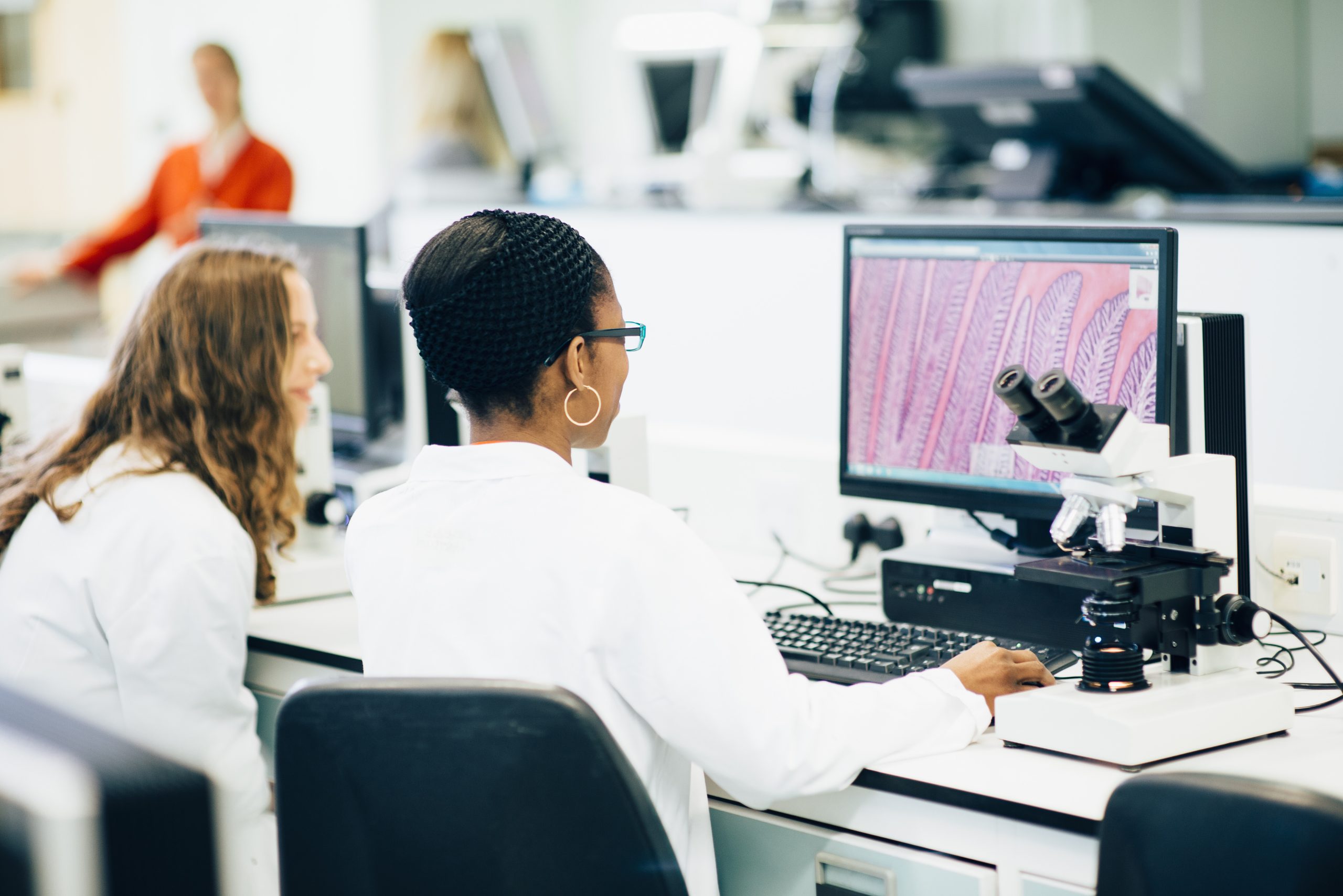Professional Bioinformatics

| Professional Bioinformatics | |
|---|---|
| Course Description | Bioinformatics combines computer programming, big data, and biology to help scientists analyze and identify patterns in biological data. This course provides a comprehensive understanding of bioinformatics tools, databases, and their applications, with a focus on genome analysis, protein structure prediction, and sequence alignment. Participants will gain hands-on experience in bioinformatics software to meet the demands of modern biological research and industry needs. |
| Recommended Books | 1. Bioinformatics: Sequence and Genome Analysis by David W. Mount 2. Bioinformatics: A Practical Guide to the Analysis of Genes and Proteins by Baxevanis and Ouellette |
| Course Learning Outcomes | After completing this course, a student will be able to: 1. Analyze biological data using bioinformatics tools. 2. Utilize biological databases to retrieve and interpret genomic and protein data. 3. Perform sequence alignment, phylogenetics, and structural analysis of proteins and RNA. 4. Apply bioinformatics approaches to real-world biological problems. |
| Assessment System | Quizzes: 10-15% Assignments: 5-10% Midterms: 30-40% End Semester Exam: 40-50% |
| Lecture Plan | ||
|---|---|---|
| S.No. | Description | Quizzes/Assignment |
| 1 | Introduction to Bioinformatics: Scope, Applications, and Key Concepts | Quiz 1 |
| 2 | Analysis of Biological Data: Cluster Analysis and Sequence Alignments | |
| 3 | Phylogenetics and DNA/RNA Sequence Analysis | Assignment 1 |
| 4 | Working with Genomes: Accessing and Retrieving Genome Data | |
| 5 | Analyzing DNA Composition and Protein-Coding Regions | |
| 6 | Protein and RNA 3D Structure: Domain Analysis | Quiz 2 |
| 7 | Sequence Alignment: BLAST and Multiple Sequence Alignment | |
| 8 | Editing Alignments and Comparing Sequences | Assignment 2 |
| 9 | Utilizing Biological Databases: GenBank, Uniprot, PDB | |
| 10 | Protein Function Analysis: Prosite and Structural Annotations | Quiz 3 |
| 11 | Primer Designing: Tools and Techniques | |
| 12 | Hands-on Practice: Bioinformatics Tools and Software | Assignment 3 |
| 13 | Case Studies: Applications of Bioinformatics in Drug Discovery | |
| 14 | Recent Trends: Advances in Computational Biology | |
| 15 | Future Directions: Bioinformatics in Personalized Medicine | |
